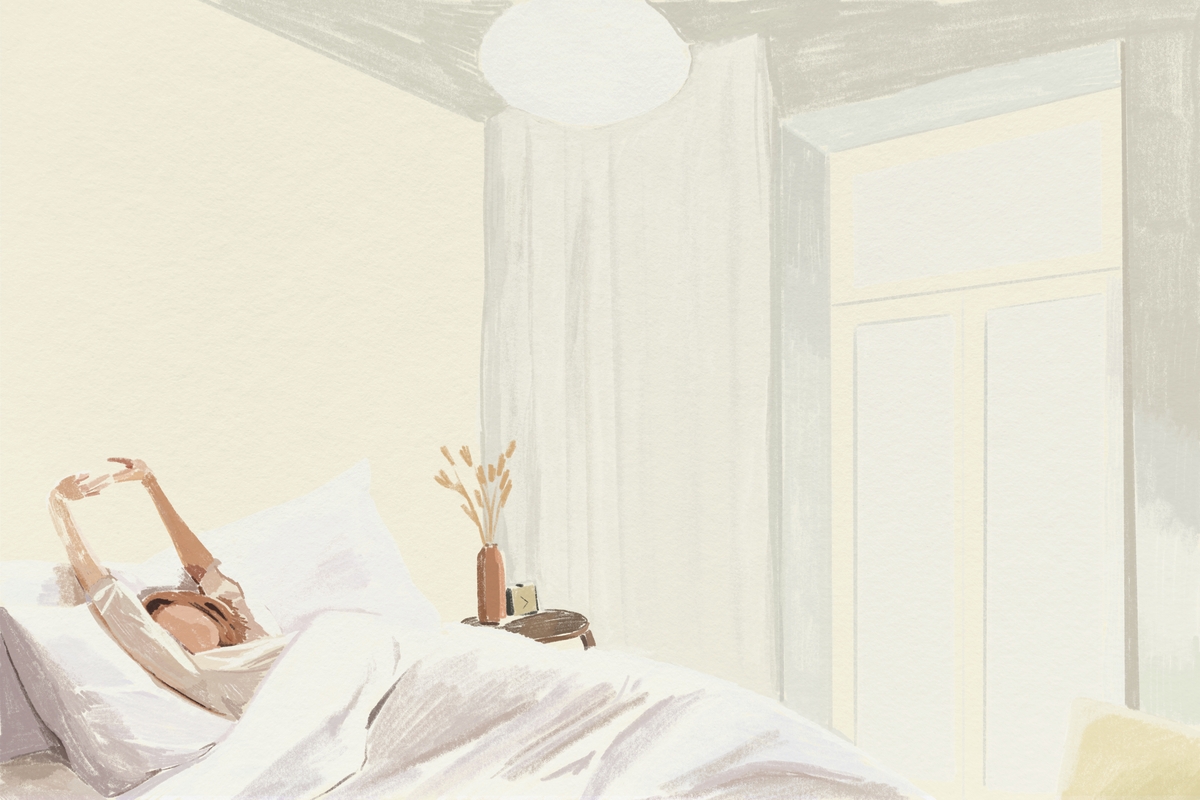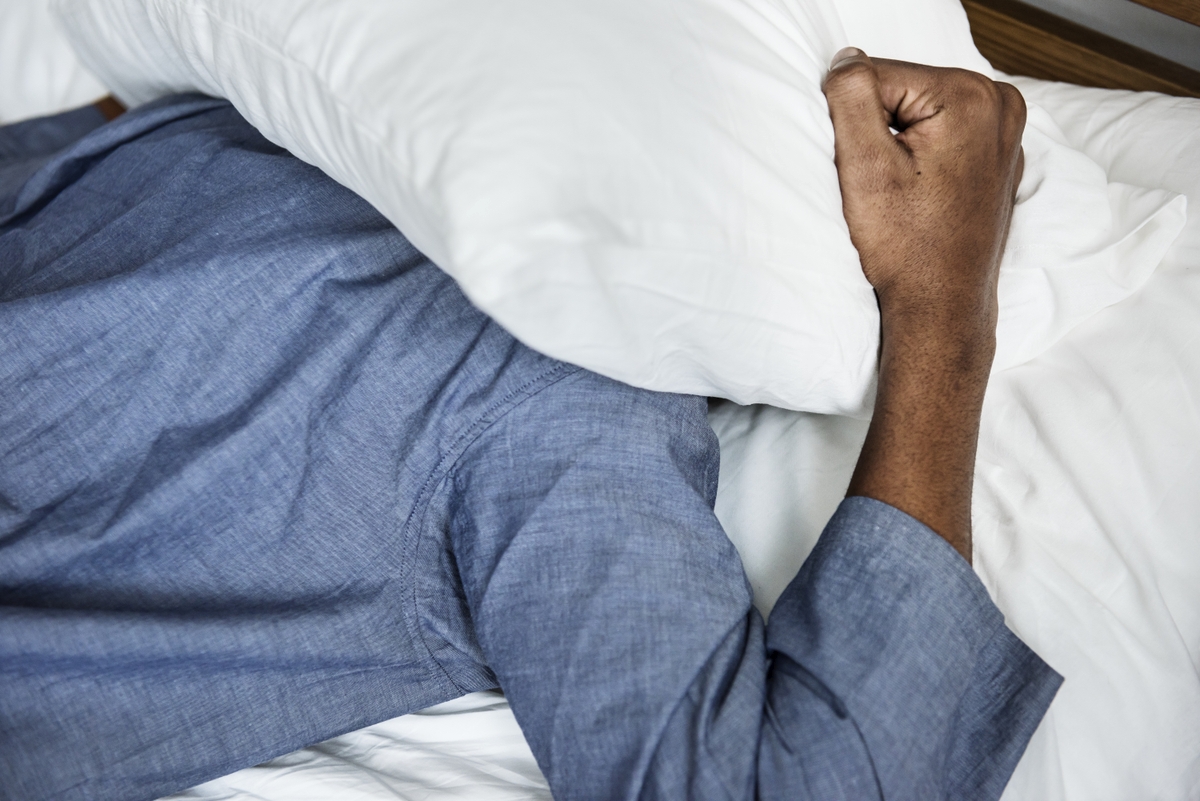Have you ever had such a crazy schedule that you regularly sleep only 4-5 hours at night? After a couple of days, you naturally feel fatigued, tired, and low in energy. But most of all, you might have felt your attention span decrease and that your thoughts consume you, often in a negative way. These are all consequences of a lack of sleep.
It is recommended that every person needs 7-9 full hours of sleep during the night. This is especially the case for those who are struggling with depression. In fact, sleep is so interconnected with preventing depression. Read on to learn more!
Sleep and emotional well-being
Sleep and emotional well-being are both very important for your life, and one can’t go without the other. When you are feeling healthy and full of energy, it is usually after a good night’s sleep.
When you get enough sleep, you inevitably feel happier, healthier, and more productive, active, and focused. Believe it or not, the simple act of providing your body with a good night of rest might be all you need. A lack of sleep or any other sleep disturbances you might experience is connected to your body’s responses to daily life. For example, if you don’t get enough sleep, you are more prone to getting a headache when you go outside in broad daylight, or you might have a much more difficult time than usual concentrating and completing even the simplest of tasks.

Is there a relationship between depressive feelings and sleep?
There is more than just a subtle connection between experiencing depressive feelings and not getting enough sleep. When your sleep is disturbed, you might have an increase in negative emotions that bring you down. The tricky part here is that this goes both ways – many sleepless nights might be the result of ongoing depressive thoughts. The bottom line is that this can be a vicious cycle that is difficult to break.
Poor sleep makes it harder to treat depression
You might have spoken with a professional to address your depression. But you might have noticed that even after speaking with a professional that once you get into bed, the depressive thoughts crawl right back into your head. You may have had a hard time getting these thoughts out of your head and getting to sleep, meaning that you stayed wide awake and had a disturbed night of sleep.
Luckily, there are several ways to prepare yourself and your body for a good night's sleep. During the day, even if you find it impossible to go out, try to do so anyway. A little bit of fresh air is good for anyone. Any physical activity can do wonders for your mind and body, so having an active lifestyle can help you be well-rested. Also, take the time to prepare your meals and eat them at the same time every day. Sticking to a simple routine is one of the better ways to keep the rhythm of your body constant.
There are also a few things you can do to help yourself relax just before going to bed. The trick is getting just the right setting for sleeping. You can incorporate some cozy and nice things in your bedroom to help with this. Make sure your room temperature is just right, perhaps a little cooler, and throw in a fuzzy blanket or a bunch of pillows on your bed. Make yourself a nice cup of herbal tea, like chamomile tea. Put away all electronic devices that can affect your sleep cycle. Remember, these small steps can both help treat and prevent depression, and in turn, support your emotional well-being.

Does improving sleep quality prevent depression?
Simple acts to take care of yourself, such as taking naps during the day or getting a good night of sleep, are steps you can take to prevent depression.
Though having a healthy sleep cycle does not necessarily guarantee that you won’t have depression, it can nevertheless support your overall well-being by taking good care of yourself and getting the proper amount of sleep, your focus and concentration will improve, helping you keep the most harmful and dark thoughts in your mind at bay. Incorporating a healthy sleeping routine is the first step toward strengthening your health and well-being.














